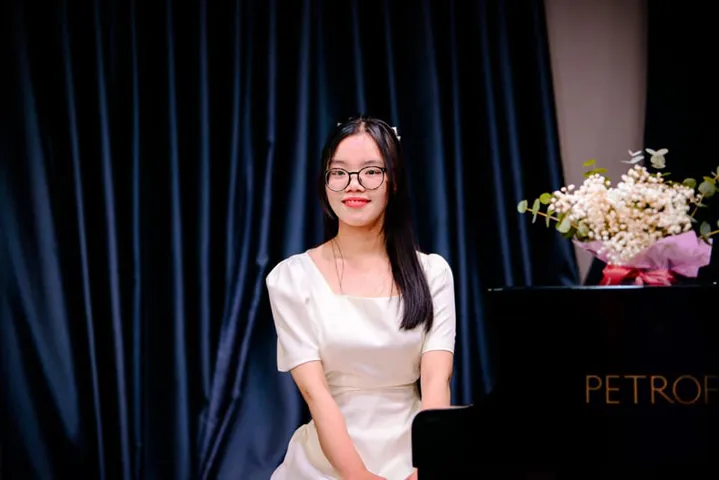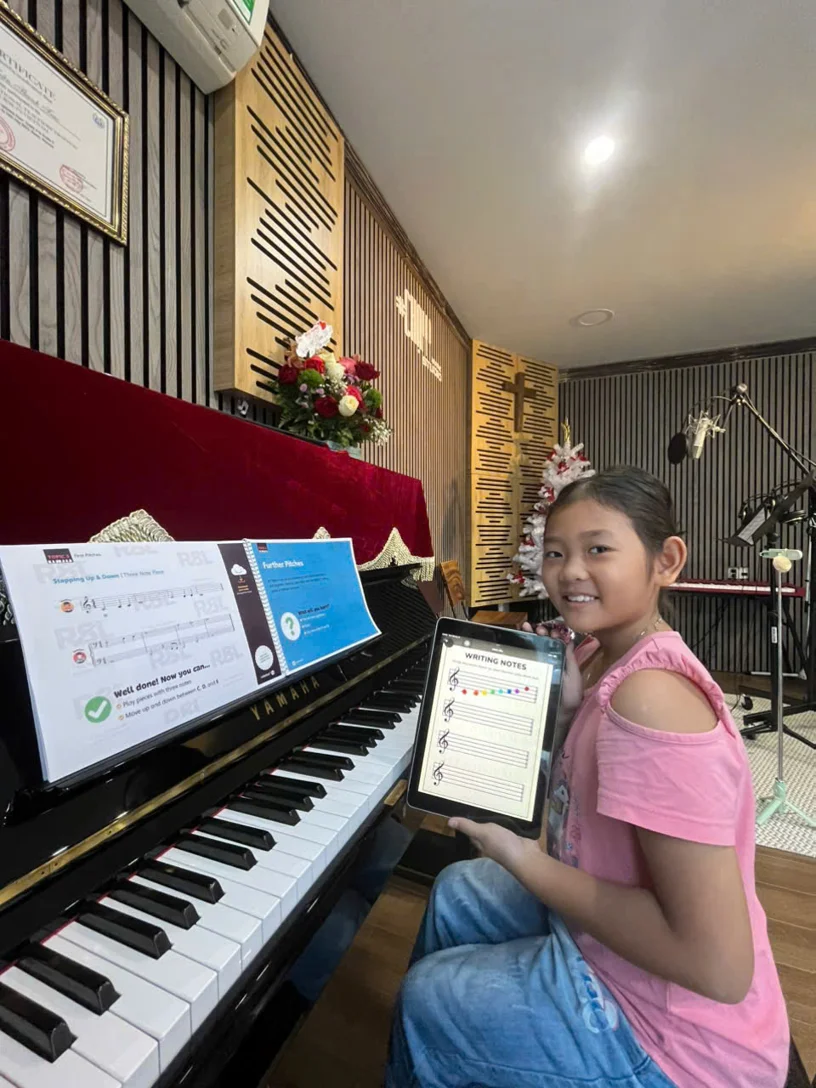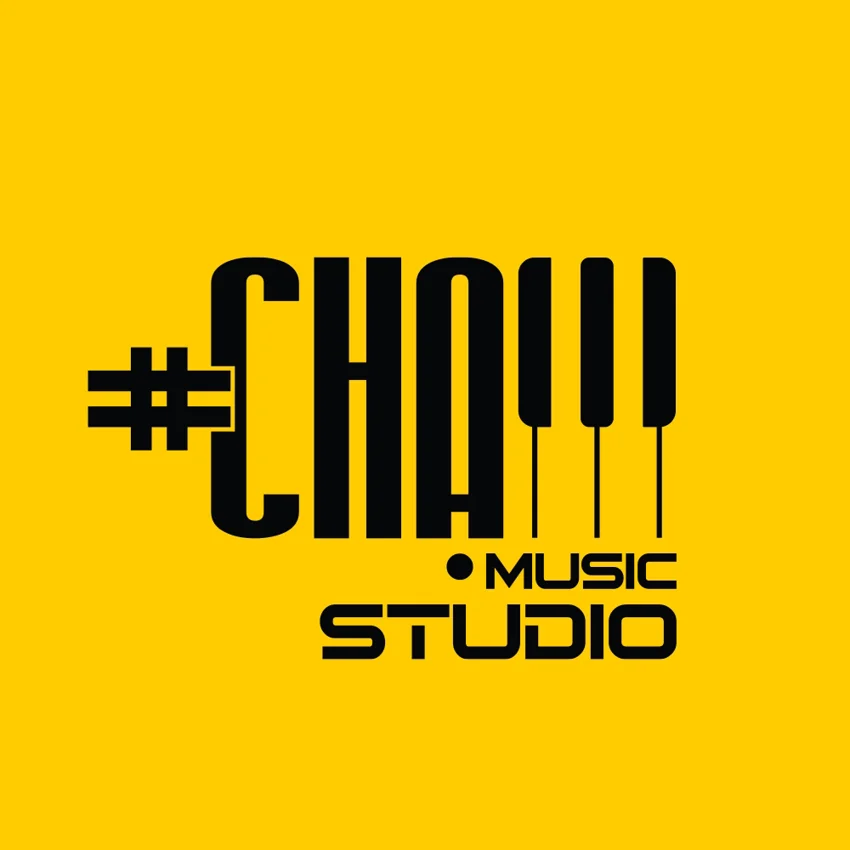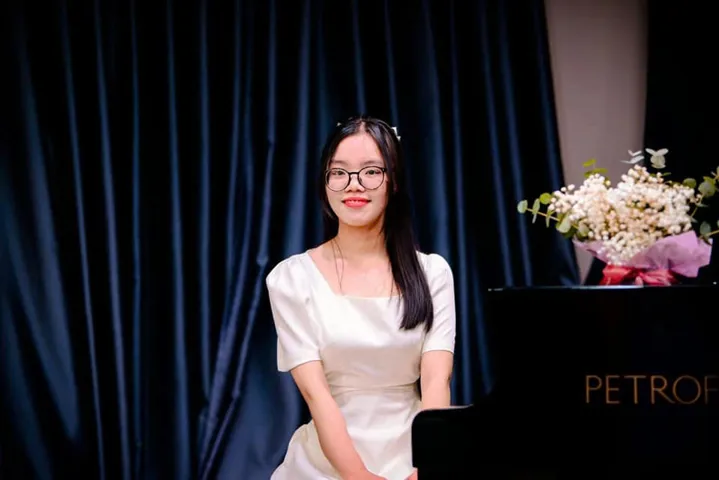
So chilled out journey to master each Piano key with private classes
Playing the piano is not just a hobby, but also an exciting journey of self-discovery. Research has shown that playing the piano brings numerous benefits, from enhancing memory and brain development in children to preventing brain aging and dementia in adults.
With over 2 years of teaching experience and currently an outstanding student at the Ho Chi Minh City Conservatory of Music, Ms. Han will accompany you on your journey to conquer the piano. With a preferential tuition fee starting from 400,000 VND per session, you will experience interesting piano lessons in a private space, with 1:1 or 1:2 classes.
Why choose Ms. Han's class?
- Convenient location: The class at Era Đức Khải apartment is very convenient for students in Phú Mỹ, Phú Mỹ Hưng, and nearby areas.
- Flexible curriculum: The curriculum is meticulously compiled based on the standards of prestigious conservatories, suitable for all learners.
- Diverse music genres: You can explore from sophisticated classical pieces to popular hits and covers.
- Quality commitment: Ms. Han will help you confidently play basic songs after just 3 months.
- Special offer: You can experience the first lesson and pay the tuition fee after the second lesson.
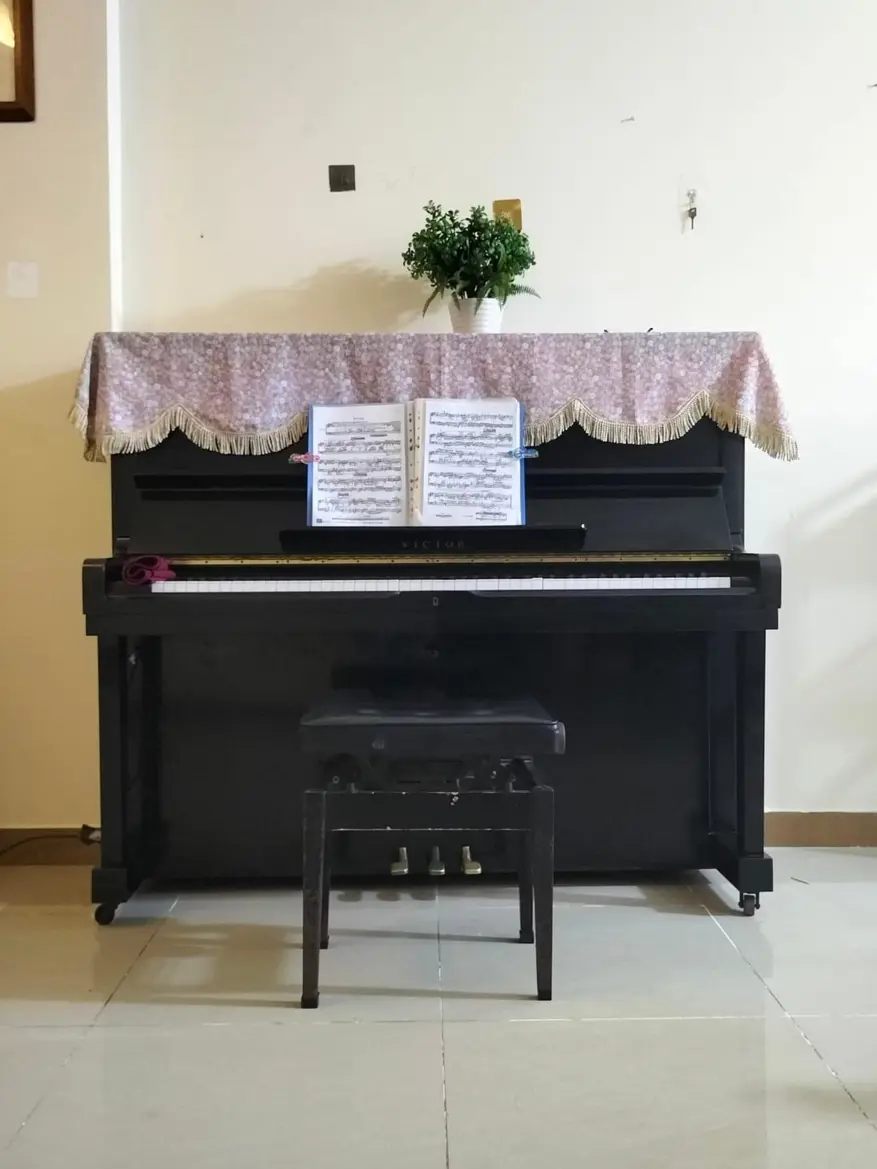
Learning the piano is no longer limited by any conditions. Here are some groups of people who can join Ms. Han's class:
- Children: Starting to learn the piano from a young age helps children develop comprehensively in terms of brain, emotions, and creativity.
- Adults: Learning the piano helps adults reduce stress, improve memory, enhance concentration, and is a beneficial recreational activity.
- People without a musical background: You don't need to have innate musical talent to learn the piano. With Ms. Han's guidance, anyone can learn and play the piano.
- People who want to improve their skills: If you already know how to play the piano at a basic level and want to improve your skills, Ms. Han's piano class will help you achieve that goal.
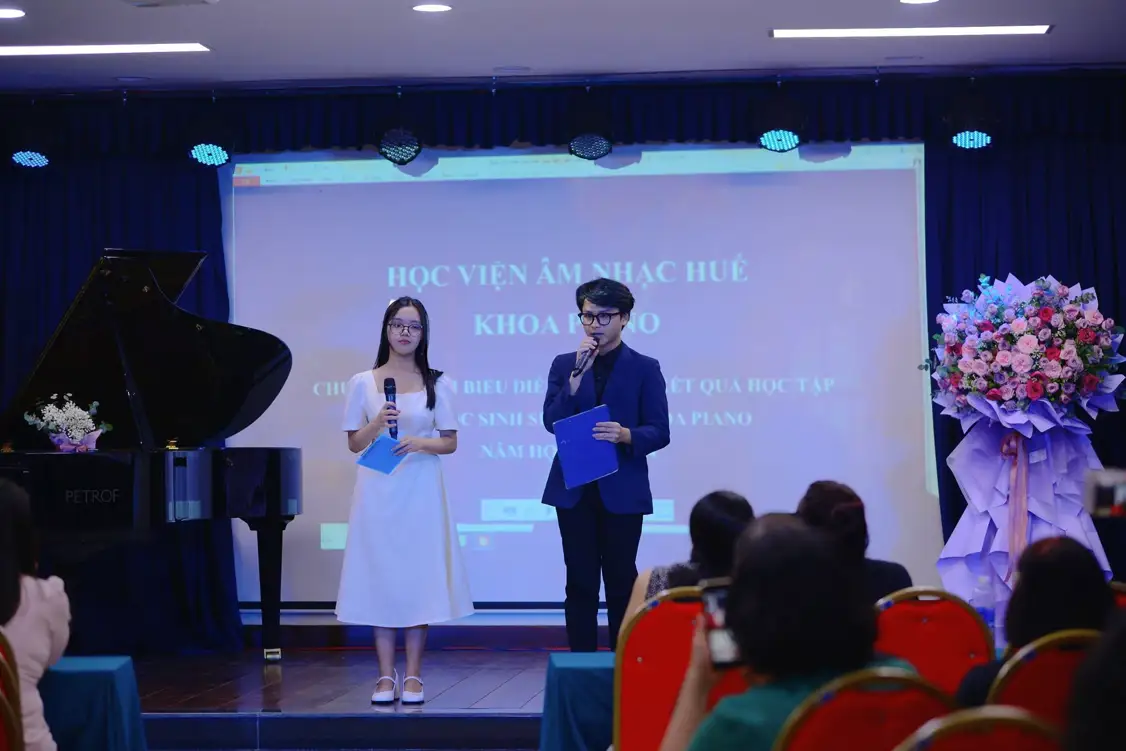
1st month: Getting Acquainted with the Piano and Basic Knowledge
Lessons 1-4:
- Introduction to the parts of the piano, proper sitting posture, and hand placement on the keyboard.
- Practice single notes and the distances between notes.
- Familiarize with accidentals, clefs, and time signatures.
- Read and play simple exercises.
Lessons 5-8:
- Practice exercises combining multiple notes and distances.
- Familiarize with simple note values such as quarter notes, half notes, and eighth notes.
- Start learning simple children's songs.
2nd month: Enhancing Techniques and Exploring Music Genres
Lessons 9-12:
- Practice technical exercises such as separate hands, hands together, and finger exercises.
- Familiarize with more complex note values such as sixteenth notes and dotted notes.
- Start learning songs with more complex rhythms.
- Introduction to different music genres (classical, light music, film music, etc.).
Lessons 13-16:
- Continue practicing advanced technical exercises.
- Choose a few songs from the student's favorite genre to practice.
- Start learning simple ensemble playing.
3rd month: Application and Creativity
Lessons 17-20:
- Practice more challenging songs that require higher technical skills.
- Explore different playing styles (classical, jazz, pop, etc.).
- Start composing simple music pieces.
Lessons 21-24:
- Review all the knowledge learned.
- Perform the learned songs in front of family or friends.
- Plan for the next lessons.
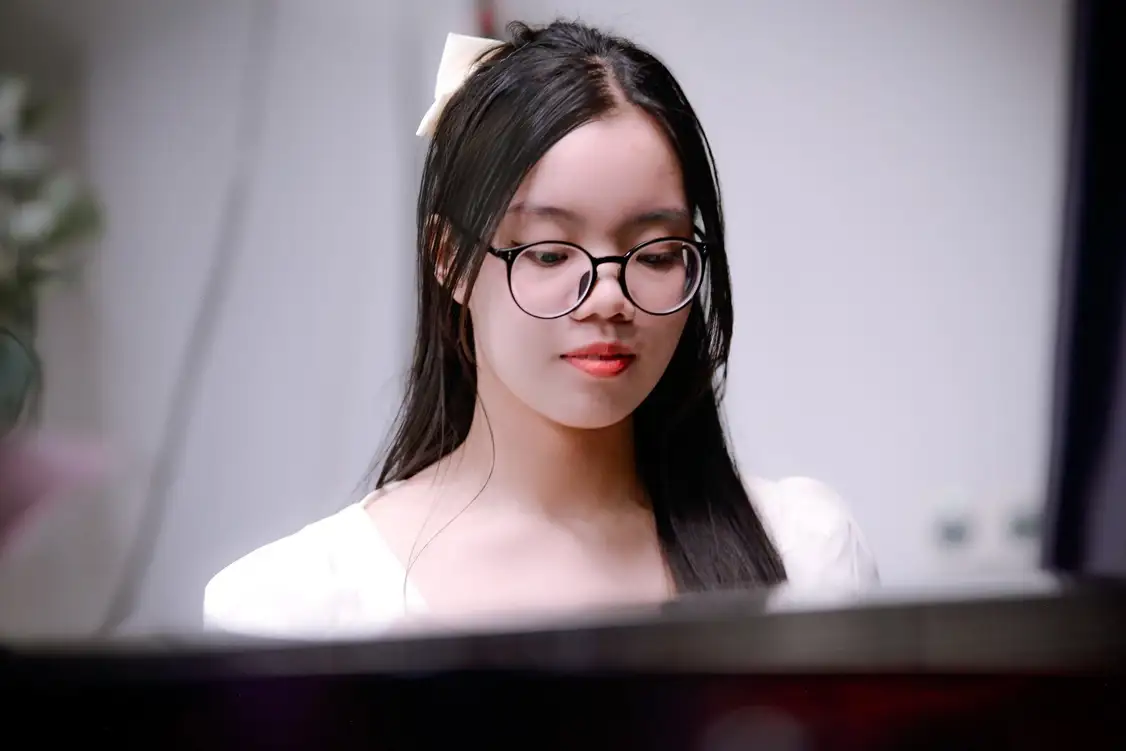
Music notebook and pencil:
- Notes: A music notebook will help you record exercises, teacher's notes, and your own compositions.
- Pencil: Using a pencil for note-taking is more convenient than a pen because it can be easily corrected when necessary.
Metronome:
- Keeping accurate time: A metronome is a useful tool to help you practice keeping a steady and precise beat.
- Apps: Nowadays, you can use metronome apps on your phone or tablet.
Time and perseverance:
- Regular practice: To progress quickly, you need to dedicate time to practice every day.
- Perseverance: Learning the piano requires perseverance and patience. Don't get discouraged if you encounter difficulties at first.
Additionally, to have an effective course, you should:
- Prepare a relaxed mindset: Come to class with a relaxed attitude and readiness to learn.
- Ask questions: If you have any questions, don't hesitate to ask the teacher.
- Practice regularly: Regular practice is crucial for rapid progress.
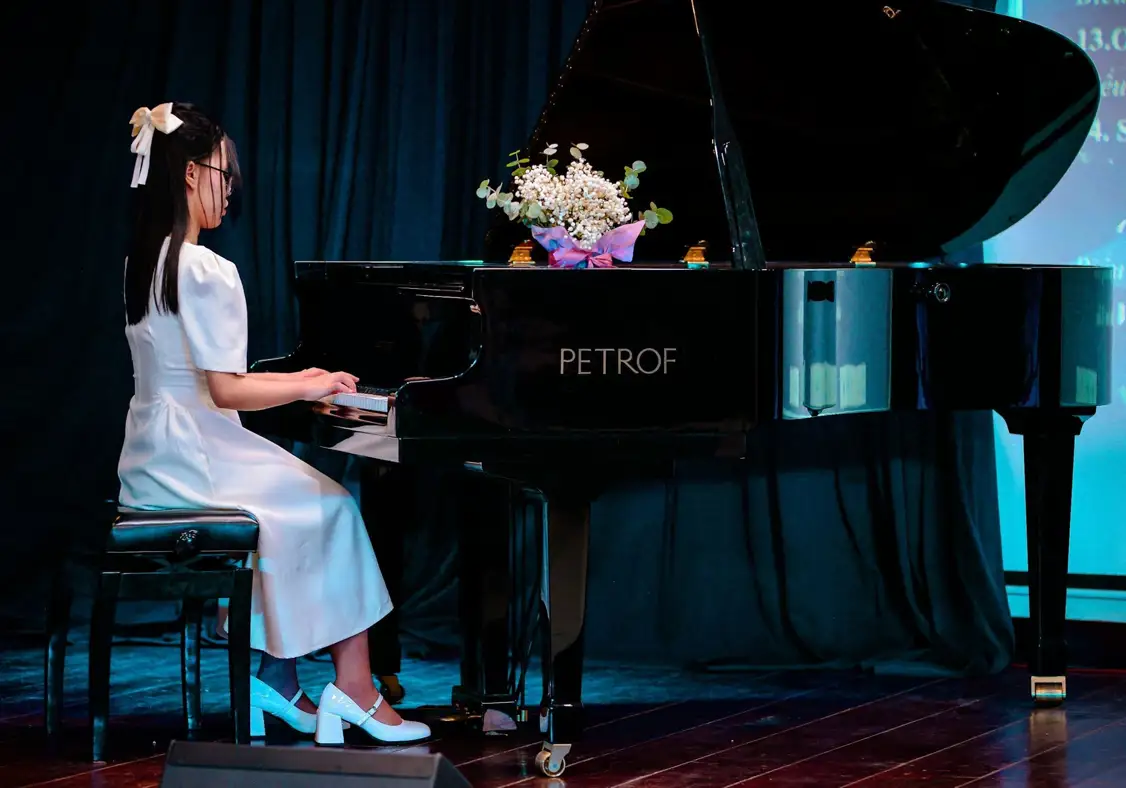
During the learning process:
- Focus: Pay close attention to the teacher's lessons to grasp the basic knowledge and playing techniques.
- Q&A: Don't hesitate to ask questions if you don't understand something or want to learn more about a topic.
- Regular practice: Consistent practice is key to your progress. Dedicate time to practice every day, even if it's just for a few minutes.
- Note-taking: Write down important content during lessons to review later.
- Practice correctly: Always follow the teacher's instructions to avoid developing bad habits.
Regarding learning attitude:
- Perseverance: Learning the piano is a process that requires perseverance. Don't get discouraged if you face difficulties initially.
- Positivity: Maintain a positive and optimistic attitude throughout your learning journey.
- Creativity: Don't be afraid to experiment and be creative with music.
- Openness: Be open to receiving feedback from the teacher and peers.
Regarding health:
- Proper posture: Sitting correctly while playing helps prevent spine and joint issues.
- Reasonable rest: Avoid over-practicing; take time to rest and relax your body.
